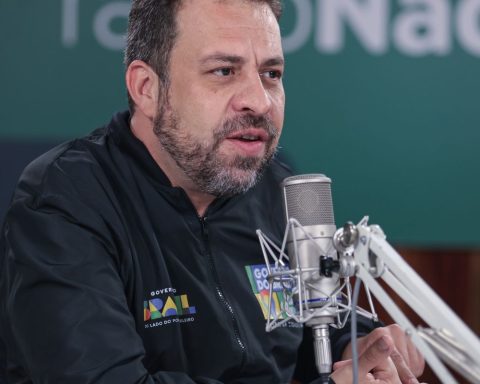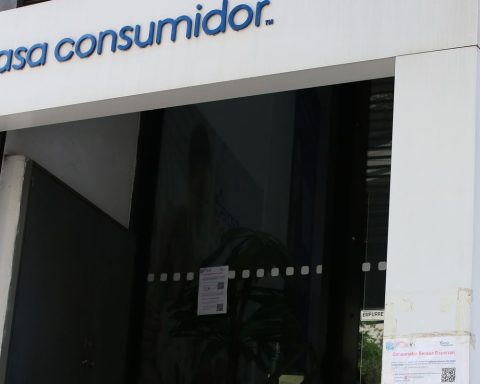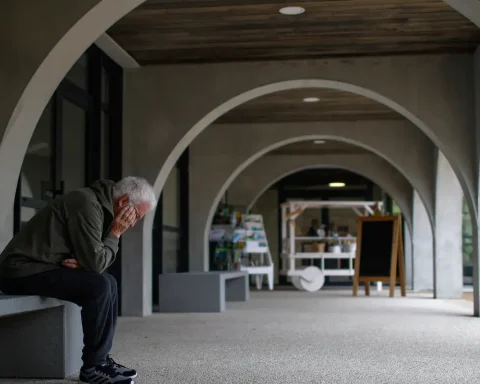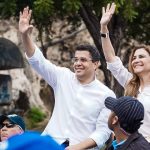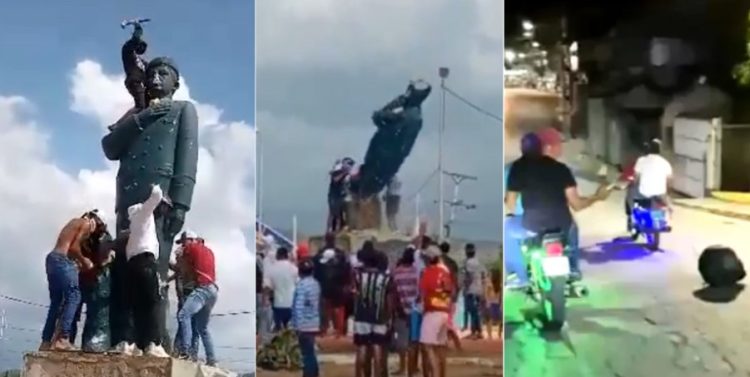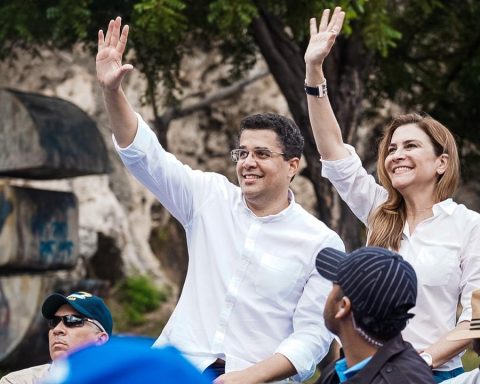The Single Registry for Social Programs of the Federal Government (CadÚnico) is available to the scientific community for the creation of technologies that improve the livelihood of the poorest people and that anticipate solutions to difficulties faced by the most vulnerable social strata in the country.
The offer was made by Ieda Maria Nobre de Castro, director of the Single Registry Management Department, linked to the Ministry of Development and Social Assistance, Family and Fight against Hunger (MDS), at the 5th National Conference on Science, Technology and Innovation (CNCTI) taking place in Brasília.
The Single Registry is a socio-assistance monitoring instrument and has georeferenced information on 93 million Brazilians assisted by 40 federal programs, including the most vulnerable and isolated, such as indigenous communities, quilombolas, riverside communities, people with disabilities, the elderly, children and women who are heads of households.
“The registry today tells us who the people are who need the State the most, who the people are who suffer from social inequalities, where they are, what region they are in, how many members there are in that family, the type of housing and the economic activity they carry out”, explained the director of the MDS, who has a PhD in Social Policy, during a seminar at CNCTI.
Feedback
“We have several tools in the Single Registry that we would very much like to see used by universities and research, so that we can feed back into this database with the knowledge that has been produced.”
For Ieda Castro, it is necessary to use science to avoid problems, overcome difficulties and also resolve them. “We use science very little for prevention. An example of this was the floods in Rio Grande do Sul. We have a lot of scientific knowledge about areas that may be exposed to the climate crisis, and we do not anticipate issues. We wait for the event to happen so that we can mitigate them.”
“There is a lack of technical support,” says the director. “We need to think about products and production processes for the low-income population.” According to her, CadÚnico is more than an administrative registry for the Bolsa Família Program and, with a regionalized and territorialized database, “it can and should be used by science, not only to produce knowledge, but to produce alternatives and programs that can prevent social risks and reduce social inequality, at least.”
Culture of science
Ieda Maria pointed out some areas for social action by scientists, such as support for real-time integration and cross-referencing of CadÚnico data with health, education and social assistance information systems; the creation of resources for the care of people who need special care, such as the elderly, and assistance technologies for those who, for example, live in remote places.
“We still have a lot of difficulties in some areas of the Amazon. People have to travel by canoe to get to a city to update their single registry,” he recalled.
According to Ieda Castro, science and technology “promote well-being for society” and can help change the development and implementation of social policies. “We really need to train municipal administrations, create a culture of science in public management, especially in social welfare, which is still largely dominated by welfare, clientelism and the reproduction of conservative political practices. This policy is still very much targeted as an electoral corral.”
Science, Technology and Innovation for Social Development is one of the topics under discussion at CNCTI, which will run until Thursday (1st). All seminars can be watched on the CNCTI channel. MCTI on YouTube.




